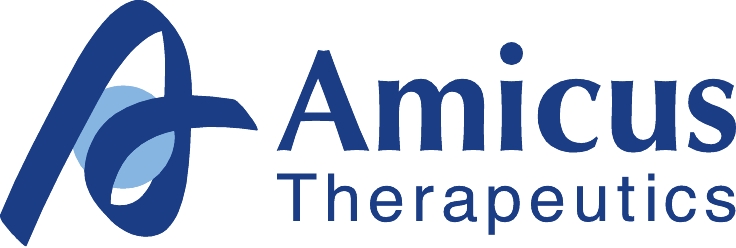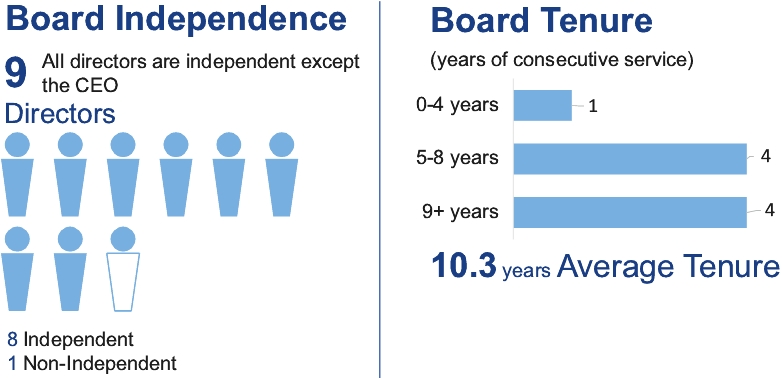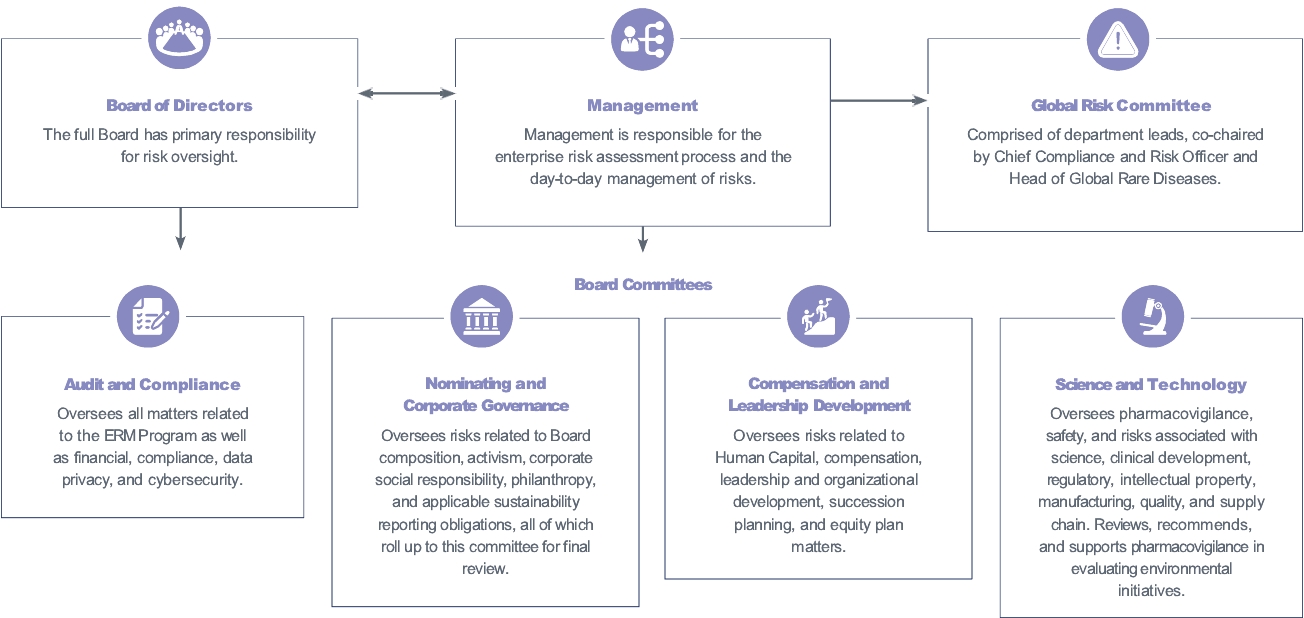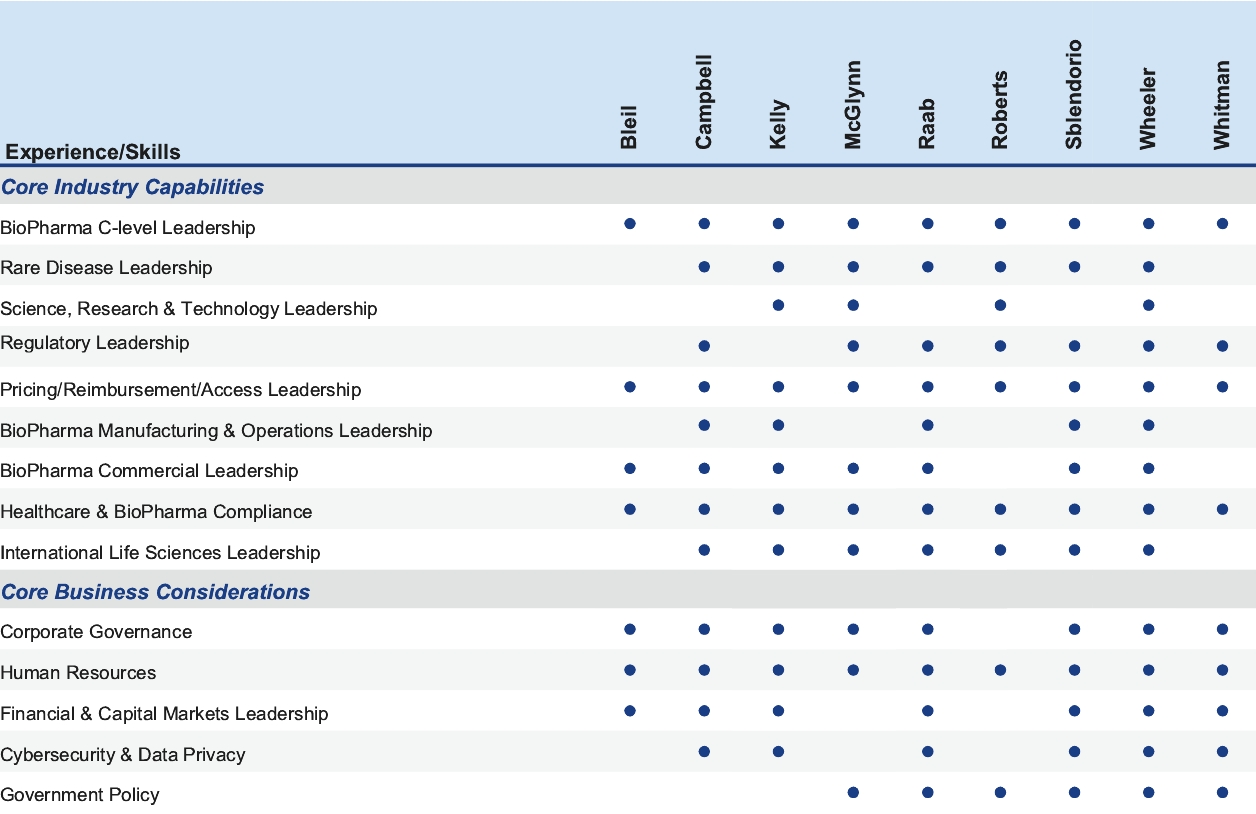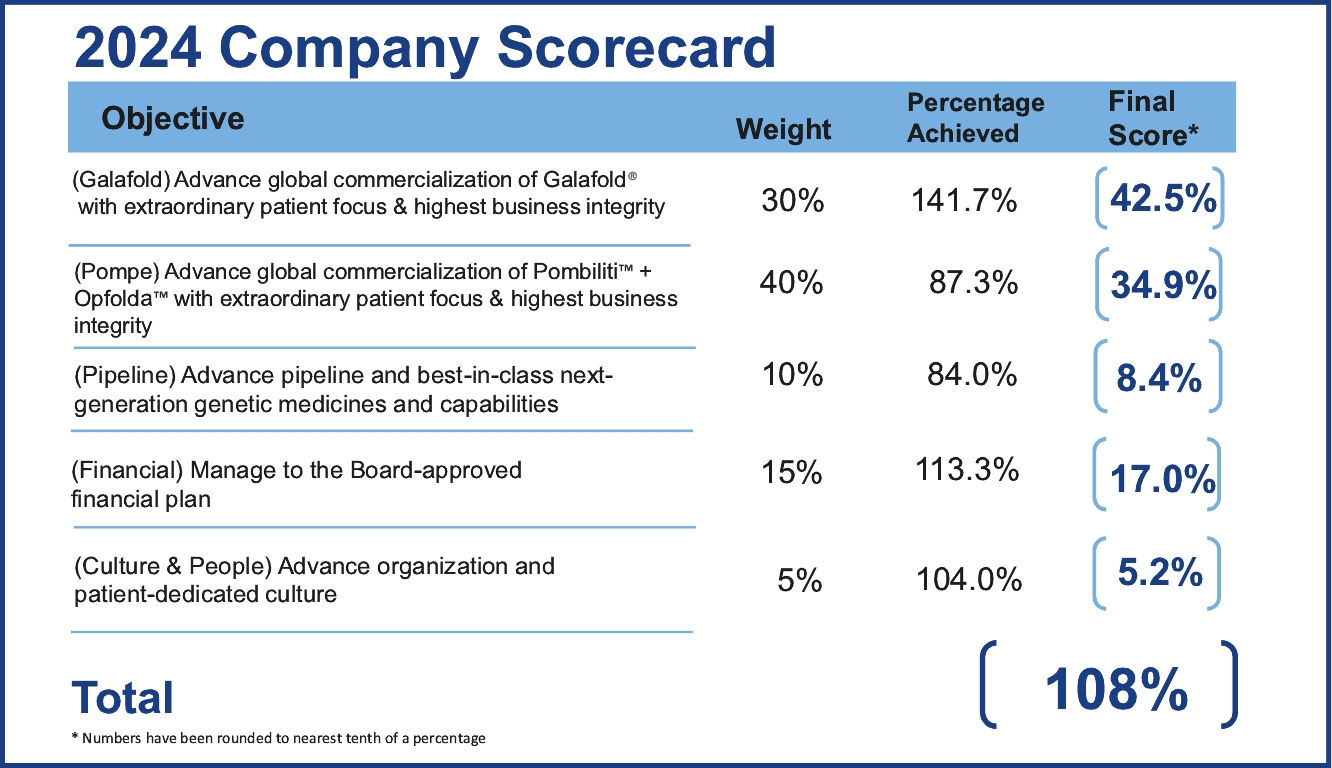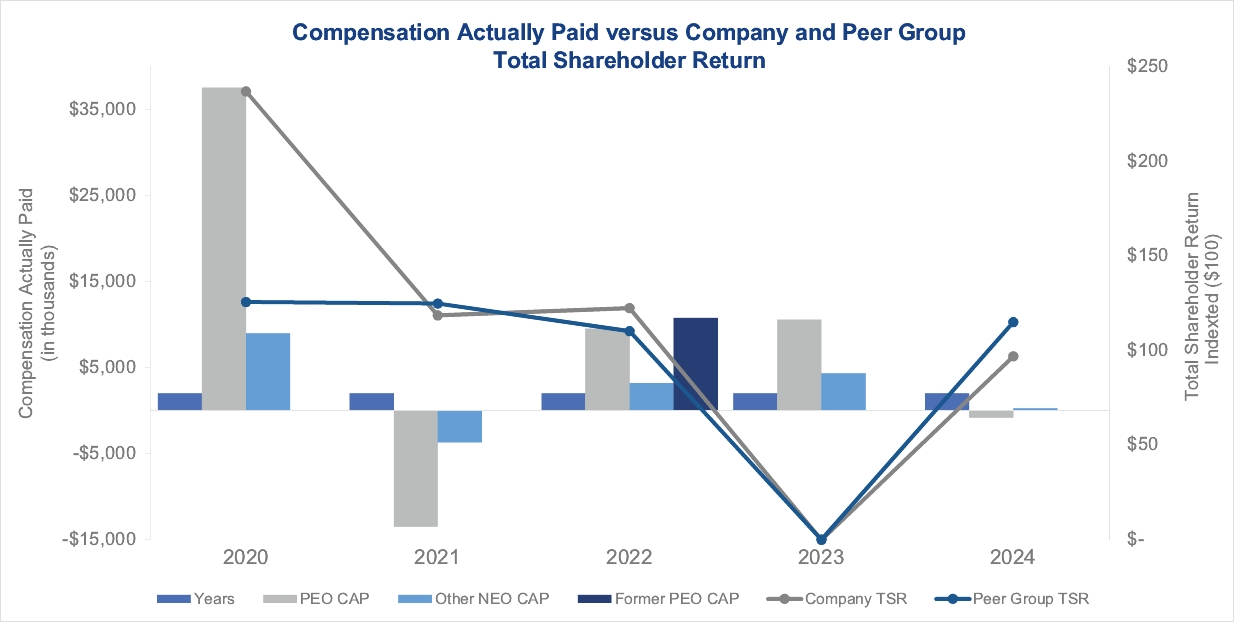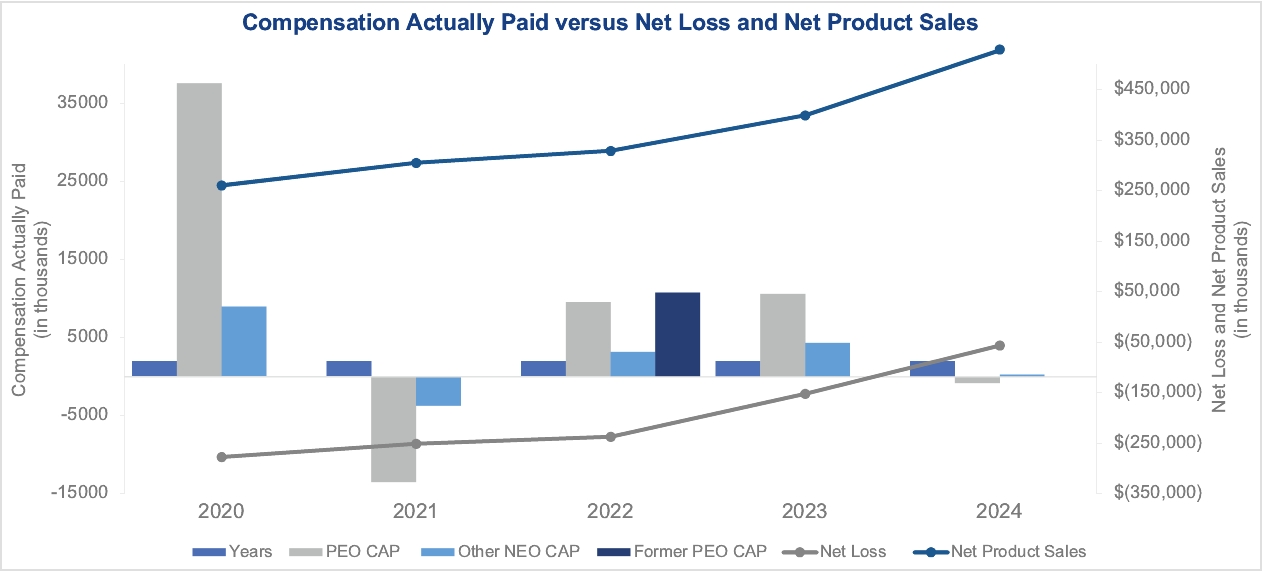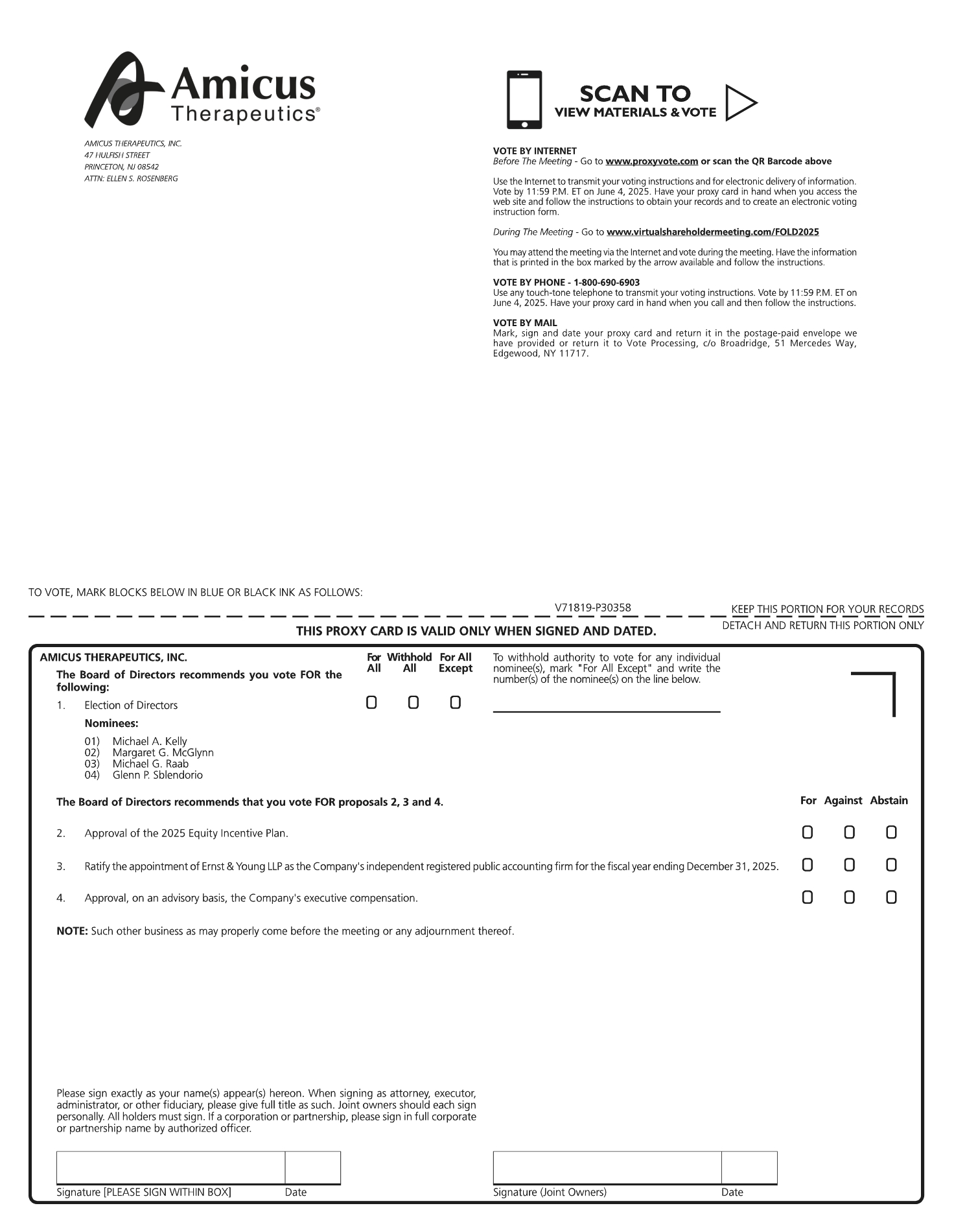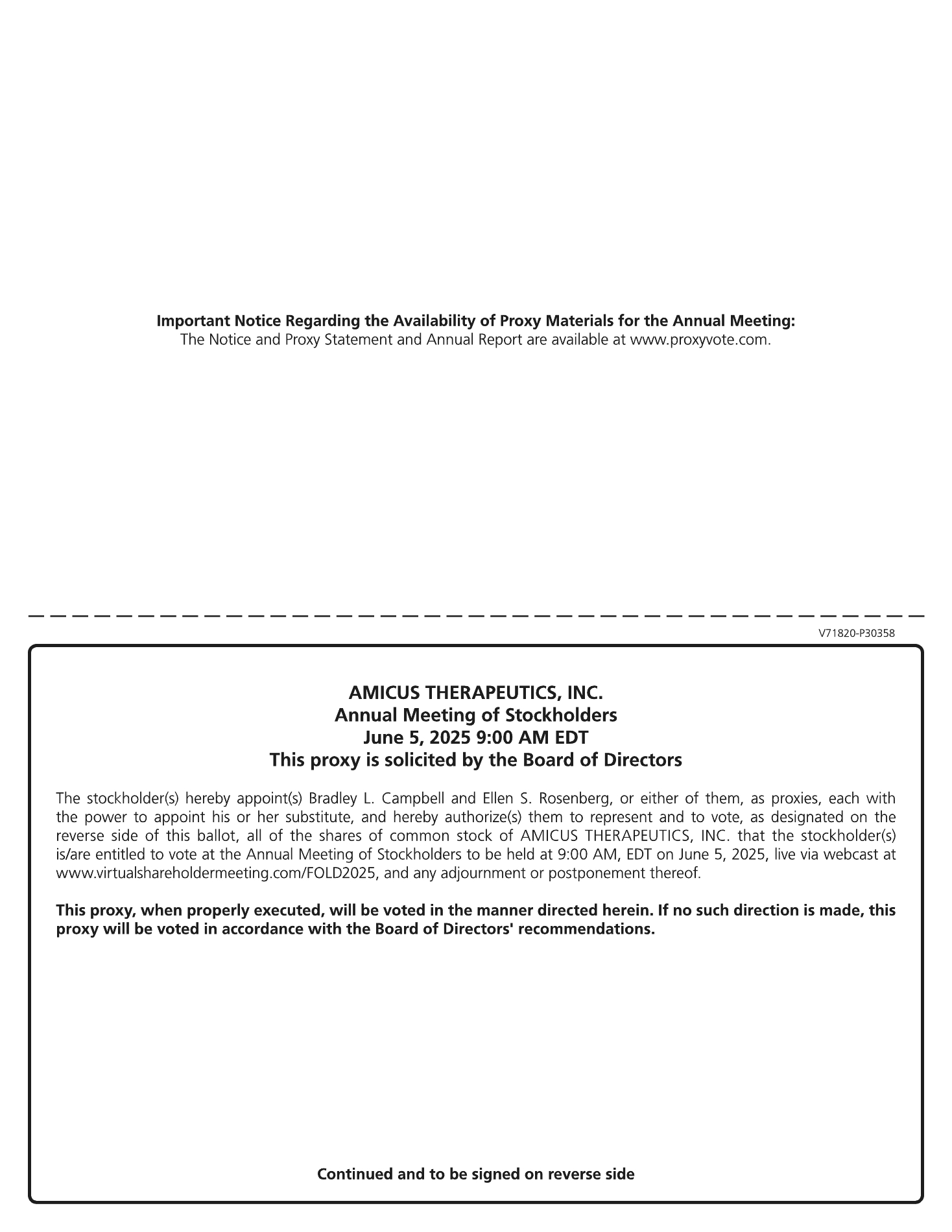FORWARD-LOOKING STATEMENTS
This Proxy Statement contains “forward-looking statements” that involve risks, uncertainties, and assumptions. Forward-looking statements are all statements, other than statements of historical facts, that discuss our current expectation and projections relating to our strategy, future operations, future financial position, future revenues, projected costs, prospects, plans, and objectives of management. These statements may be preceded by, followed by or include the words “aim,” “anticipate,” “believe,” “can,” “could,” “estimate,” “expect,” “forecast,” “intend,” “likely,” “may,” “outlook,” “plan,” “potential,” “predict,” “project,” “seek,” “should,” “will,” “would,” the negatives or plurals thereof, and other words and terms of similar meaning, although not all forward-looking statements contain these identifying words.
We have based these forward-looking statements on our current expectations and projections about future events. Although we believe that our assumptions made in connection with the forward-looking statements are reasonable, we cannot assure you that the assumptions and expectations will prove to be correct. You should understand that all forward-looking statements are subject to other important factors and risks detailed in our Form 10-K. In light of these risks and uncertainties, we may not actually achieve the plans, intentions or expectations disclosed in our forward-looking statements, and you should not place undue reliance on our forward-looking statements. Actual results or events could differ materially from the plans, intentions, and expectations disclosed in the forward-looking statements we make. These forward-looking statements speak only as of the date of this proxy statement. We undertake no obligation, and specifically decline any obligation, to publicly update or revise any forward-looking statements, even if experience or future developments make it clear that projected results expressed or implied in such statements will not be realized, except as may be required by law.
OTHER MATTERS
The Board knows of no other business which will be presented to the 2025 Annual Meeting. If any other business is properly brought before the 2025 Annual Meeting, proxies in the enclosed form will be voted in accordance with the judgment of the individuals named as proxies on the proxy card.
STOCKHOLDER PROPOSALS AND NOMINATIONS FOR DIRECTOR
If you wish to submit a proposal to be considered for inclusion in next year’s proxy materials or nominate a director, your proposal must be in proper form according to SEC Regulation 14A, Rule 14a-8 and received by the Secretary of the Company no later than December 25, 2025. Proposals received after that date will not be included in the proxy materials we send out in connection with the 2026 Annual Meeting of Stockholders. If a proposal is received before that date, the proxies that management solicits for the meeting may still exercise discretionary voting authority on the proposal under circumstances consistent with the proxy rules of the SEC. To be timely in accordance with our Amended and Restated By-laws, stockholder notice of any proposal, other than a stockholder proposal intended to be included in our proxy statement and submitted pursuant to Rule 14a-8 promulgated under the Securities Exchange Act of 1934, must be received by us not earlier than November 25, 2025 and not later than December 25, 2025; provided, however, that in the event that the date of the 2026 Annual Meeting of Stockholders is more than 30 days before or more than 60 days after the anniversary date of the 2025 Annual Meeting of Stockholders, notice by the stockholder to be timely must be delivered not earlier than the close of business on the 90th day prior to such 2025 Annual Meeting of Stockholders and not later than the close of business on the later of the 60th day prior to such 2026 Annual Meeting of Stockholders or the 10th day following the day on which we make a public announcement of the date of the 2026 Annual Meeting of Stockholders. All stockholder proposals should be marked for the attention of Chief Legal Officer and Corporate Secretary, c/o Amicus Therapeutics, Inc., 47 Hulfish Street, Princeton, New Jersey 08542.
In addition, to comply with the universal proxy rules, stockholders who intend to solicit proxies in support of director nominees other than our nominees must comply with our By-laws and Rule 14a-19 under the Securities Exchange Act of 1934.
Our Annual Report on Form 10-K for the fiscal year ended December 31, 2024 (other than the exhibits thereto), filed with the SEC, which provides additional information about us, is available on the Internet at www.amicusrx.com and is available in paper form to beneficial owners of our Common Stock without charge upon written request to Secretary, c/o Amicus Therapeutics, Inc., 47 Hulfish Street, Princeton, New Jersey 08542.
DELIVERY OF PROXY MATERIALS
Some banks, brokers, and other nominee record holders may be participating in the practice of “householding” proxy statements and annual reports. This means that only one copy of this Proxy Statement, the Notice of 2025 Annual Meeting of Stockholders and our Annual Report to Stockholders may have been sent to multiple stockholders in your household. Householding is designed to reduce duplicate mailings and save significant printing and postage costs. If you receive a household mailing this year and would like to receive additional copies of this Proxy Statement, the Notice of 2025 Annual Meeting of Stockholders, and our Annual Report to Stockholders, please call us at (609) 662-2000 or send a written request to Chief Legal Officer and Corporate Secretary, c/o Amicus Therapeutics, Inc., 47 Hulfish Street, Princeton, New Jersey 08542. If you want to receive separate copies of our Proxy Statement, Notice of our Annual Meeting of Stockholders and our Annual Report to Stockholders in the future, or if you are receiving multiple copies and would like to receive only one copy for your household, you should contact your bank, broker, or other nominee record holder, or you may contact us at the above address and phone number.
